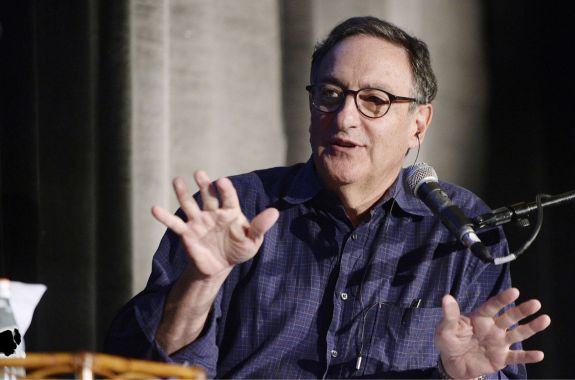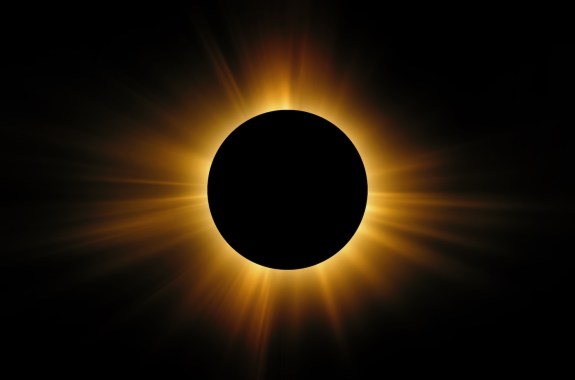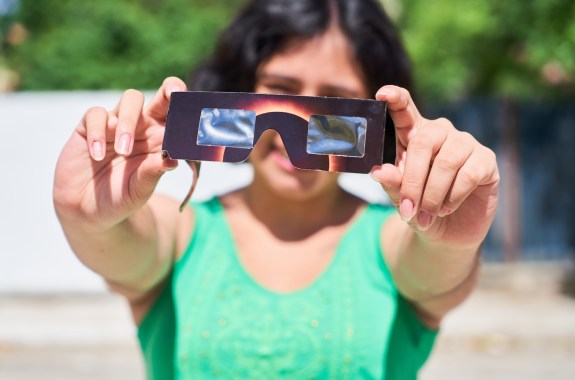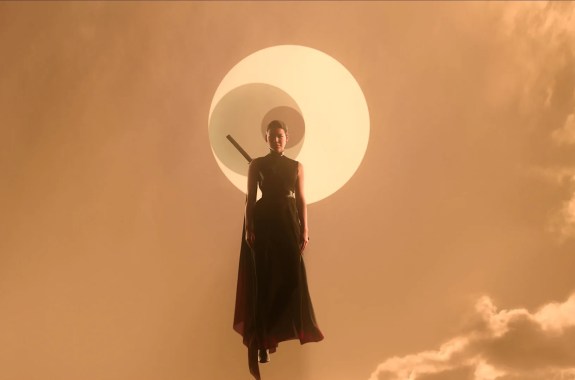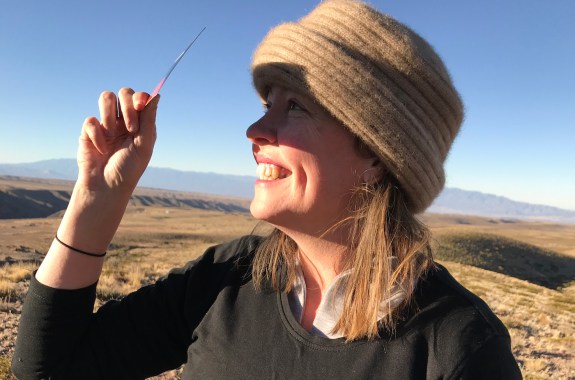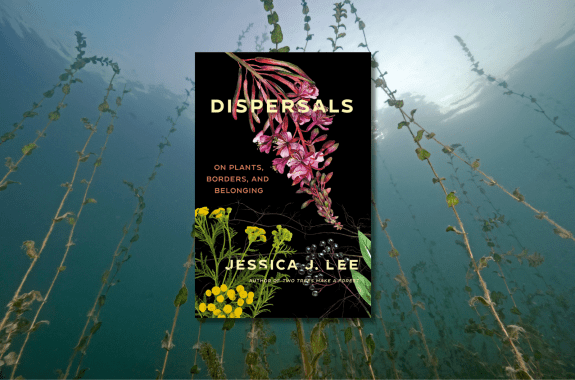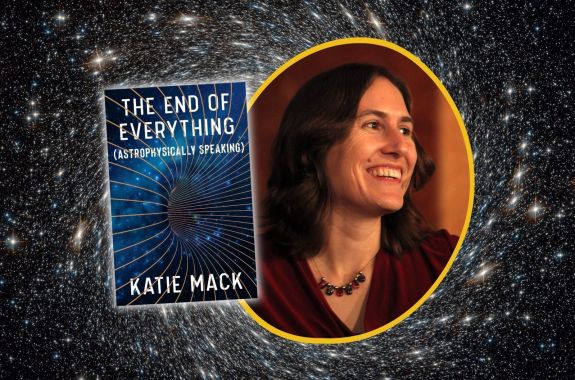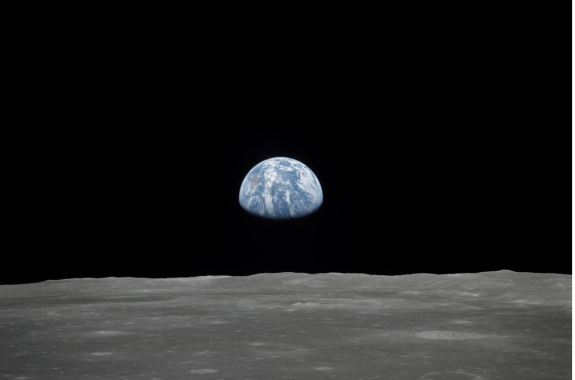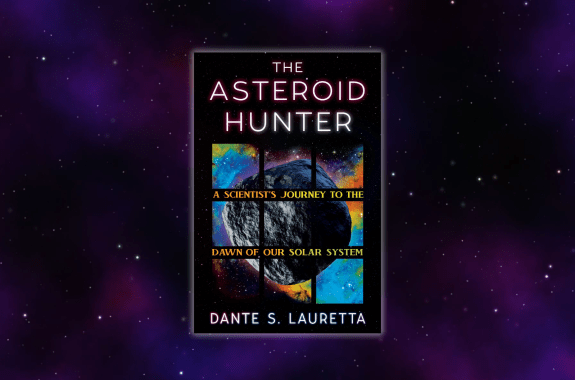Ira Flatow At The Belvedere Tiburon Library
On April 18, join us in Tiburon for an event with Ira Flatow on the unique challenges and joys of communicating science to the public.
One Way To Preserve Your Eclipse Memory
Send yourself a “mental snapshot” of the eclipse so you can hold onto your experience of the cosmic event.
How Do Eclipse Glasses Actually Work?
A combination of materials that reflect and absorb light make it safe to look right at the sun.
Breaking Down The Physics Behind ‘3 Body Problem’
The science advisor for the Netflix adaptation of the sci-fi novel delves into the physics behind the show.
A Short History Of Umbraphile Marvels And Mishaps
For some people, seeing an eclipse is a chance encounter. For umbraphiles, it’s a lifestyle. It doesn’t always work out.
Meet The Sago Pondweed, World Citizen
In “Dispersals,” the story of the sago pondweed helped the author imagine what it could mean to have roots that span continents.
Author Talk: What To Expect At The End Of The Universe
On April 26, we’ll discuss Katie Mack’s book on the end of the universe and imagine our inevitable demise together.
Why Total Solar Eclipses Won’t Be Around Forever
It’s something of a cosmic accident that total solar eclipses happen at all. Over time, the moon’s widening orbit will make them impossible.
The Launch Of A 7-Year Asteroid Mission
In his book, the principal investigator of NASA’s OSIRIS-REx mission describes the frantic morning of final checks before the launch.
Could Life Exist On A Planet Like Arrakis From ‘Dune’?
A planetary scientist compares Arrakis to real planets and analyzes whether life could exist on such a sandy, scorching-hot world.
